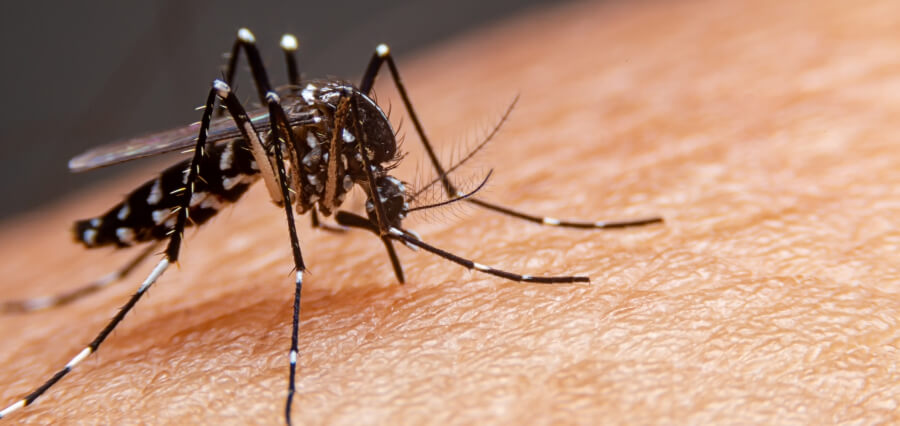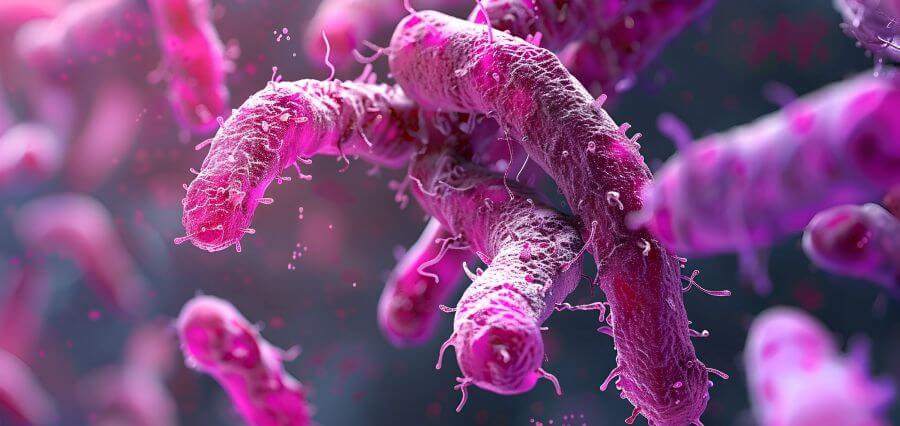To combat the rising cases of dengue fever in Brazil, scientists are releasing genetically modified mosquitoes into the environment. The country has seen a significant increase in dengue fever cases, with over 1 million reported cases in the first two months of this year, marking a 226% rise compared to the same period in 2023. Several cities, including Rio de Janeiro, have declared public health emergencies due to the outbreak, recording over 42,000 cases of the disease since the beginning of the year.
Nearly half of the world’s population resides in regions with a risk of dengue infection. In Brazil, the disease is endemic, meaning it is consistently present. Between 2003 and 2019, over 11 million cases were reported in the country, with peak transmission typically occurring during the annual rainy season from October to May. However, unusually large outbreaks occur approximately every three to four years.
Only a quarter of individuals infected with the dengue virus develop symptoms, such as fever, headache, and nausea. These symptoms usually resolve within two to seven days, but in some cases, the disease can progress to a severe form, requiring hospitalization and potentially leading to death.
There is no specific treatment for dengue infection; medical care focuses on alleviating symptoms and maintaining patients’ vital functions. Dengue cannot be transmitted directly from person to person.
In response to the increasing number of dengue cases, health authorities in Brazil are exploring alternative approaches to control the disease’s spread, including the implementation of a vaccine. These strategies also encompass the use of genetically modified mosquitoes, an initiative led by biotech company Oxitec.
The company breeds male Aedes aegypti mosquitoes, the species responsible for transmitting the dengue fever virus to humans, which are genetically engineered to carry a gene that causes the death of any female offspring they produce before reaching adulthood. Since dengue fever is transmitted solely through the bites of female A. aegypti mosquitoes, releasing these modified mosquitoes into an area can help diminish the population of insects capable of spreading the virus to people.
The eggs of Oxitec’s modified male mosquitoes are placed in containers and stimulated to hatch by adding water. A. aegypti mosquitoes typically lay their eggs in stagnant water, specifically on the inner surfaces of containers holding the water, such as bowls or tires. Consequently, Oxitec’s containers replicate natural conditions.
According to Natalia Ferreira, Oxitec’s general manager in Brazil, the modified mosquitoes complete their life cycle inside these containers in approximately ten days, after which the adult insects emerge to carry out their role. This method has been reported to reduce A. aegypti population numbers by up to 90% in areas where the genetically modified mosquitoes are released, Ferreira informed the sources.
Read More: Click Here





